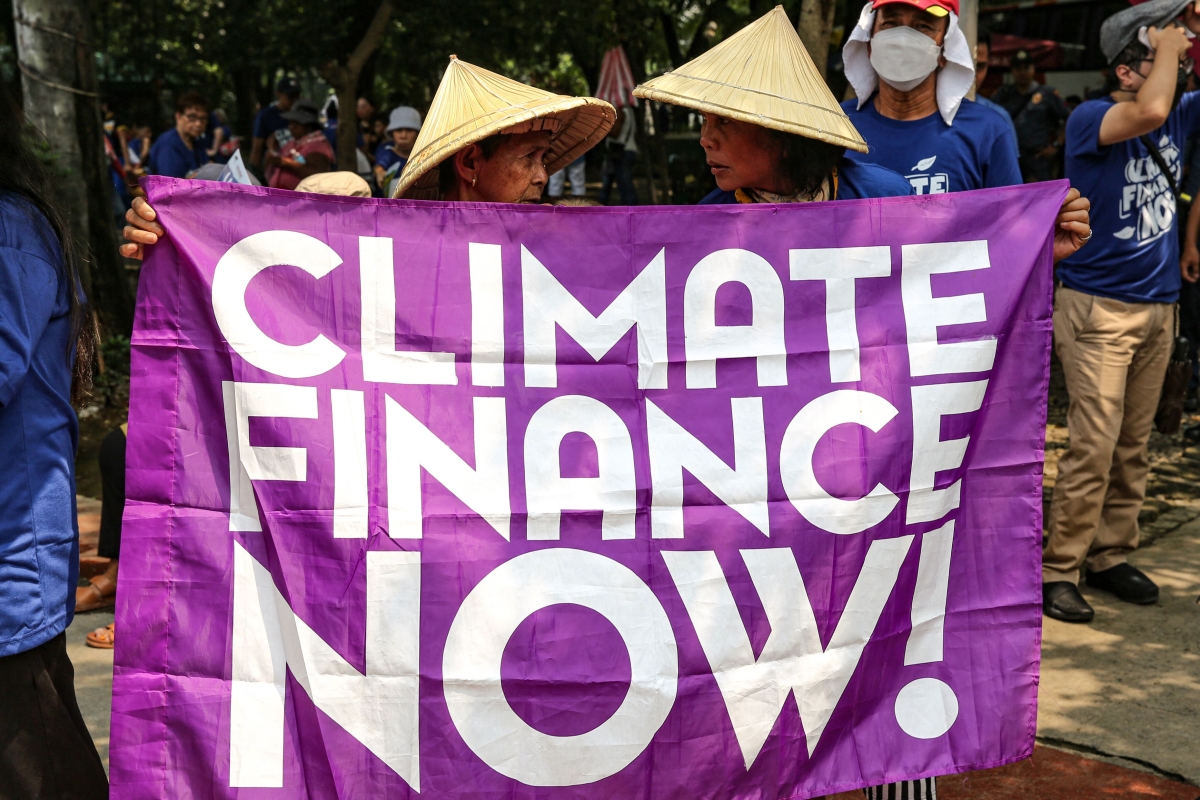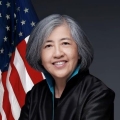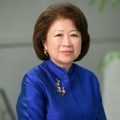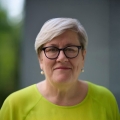How Can the World Meet Asia’s Climate Finance Needs?
VIEW EVENT DETAILSReport launch from Asia Society Policy Institute

Asia is home to over half of the world’s population, many of whom are particularly vulnerable to climate change impacts. Meanwhile, Asia’s share of global emissions continues to grow, with a number of major emerging economies having yet to peak their emissions. It is thus in the world’s interest to invest in Asia’s climate resilient development pathway and to limit global temperature rise to 1.5°C as agreed in the Paris Agreement.
Despite the region attracting significant climate finance, current flows are nowhere near the total estimated needs of the region’s economies. Moreover, the scope and nature of needs varies immensely across Asia’s many subregions.
Against this backdrop, the Asia Society Policy Institute (ASPI) brings together high-level experts in this virtual program to discuss Asia’s unique climate finance-related challenges and opportunities in the context of global financial architecture reform. The discussion will focus on identifying priority actions for how global financial architecture reform could address Asia’s unique climate and development needs, and the opportunities and challenges for climate finance to concurrently enhance Asia’s economic and social development.
This event also will serve as the official launch of ASPI’s latest report that takes stock of climate finance flows to developing countries in Asia, analyzes how reforms to the global financial architecture would impact flows, and provides recommendations for moving forward on reform efforts from an Asian perspective.
All remarks will be on the record.
SPEAKERS

Chantale Yok-Min Wong is the United States Executive Director to the Asian Development Bank. Before her appointment, she was the Senior Vice President at Amida Technology Solutions. She was appointed by President Obama to serve as Vice President for Administration and Finance, and Chief Financial Officer at the Millennium Challenge Corporation (MCC). Prior to MCC, she was the budget director of the National Aeronautics and Space Administration (NASA). She has also held leadership positions at the Office of Management and Budget, Departments of Treasury and Interior, and the Environmental Protection Agency. She joined ADB in 1999 as an Environment Specialist and was subsequently appointed by President Bill Clinton as U.S. Alternate Director. She holds a Master in Public Administration from the Kennedy School of Government at Harvard. She has another Master in Environmental Engineering from the University of California, Berkeley, with a focus on water and wastewater management. She earned her undergraduate degree in civil and structural engineering from the University of Hawaii.

Dr. Mari Elka Pangestu is an Indonesian economist and former Managing Director of Development Policy and Partnerships and Minister of Trade in Indonesia. She served as World Bank Managing Director March 2020 until March 2023. In her role at the World Bank, Ms. Pangestu provided leadership and oversees the research and data group of the World Bank (DEC), the work program of the World Bank’s Global Practice Groups, and the External and Corporate Relations function. She has had vast experience of over 30 years in academia, second-track processes, international organizations and government working in areas related to international trade, investment and development in multilateral, regional and national settings. Most recently, Ms. Pangestu was a Senior Fellow at the Columbia School of International and Public Affairs, as well as Professor of International Economics at the University of Indonesia, adjunct professor at the Lee Kuan Yew School of Public Policy and Crawford School of Public Policy, Australian National University and a Board Member of Indonesia Bureau of Economic Research (IBER), as well as Centre for Strategic and International Studies (CSIS), Jakarta.

Rachel Kyte (moderator) is a Professor of Practice in the Blavatnik School of Government, University of Oxford, United Kingdom. She was the 14th Dean of The Fletcher School of Law & Diplomacy at Tufts University. Prior to joining Fletcher, she was the Chief Executive Officer of Sustainable Energy for All (SE4All), Special Representative of the UN Secretary-General for Sustainable Energy for All and Co-Chair of UN-Energy. Rachel Kyte also served as World Bank Group Vice President and Special Envoy for Climate Change, leading integration of climate across the Bank Group’s work as well as support for an ambitious agreement at the 21st Convention of the Parties of the UNFCCC (COP 21). She was previously World Bank Vice President for Sustainable Development and was the International Finance Corporation Vice President for Business Advisory Services.
Deepali Khanna (opening remarks) is the Vice President, Asia Regional Office, Rockefeller Foundation. As The Rockefeller Foundation’s chief representative in Asia, Deepali Khanna oversees efforts to amplify the Foundation’s impact and initiatives to make opportunities universal and sustainable. She leads the efforts of the Asia Regional Office team to build and sustain networks with different institutions, leverage financing and collaborations, innovative grants, thought leadership and information on trends driving the Asian continent’s development